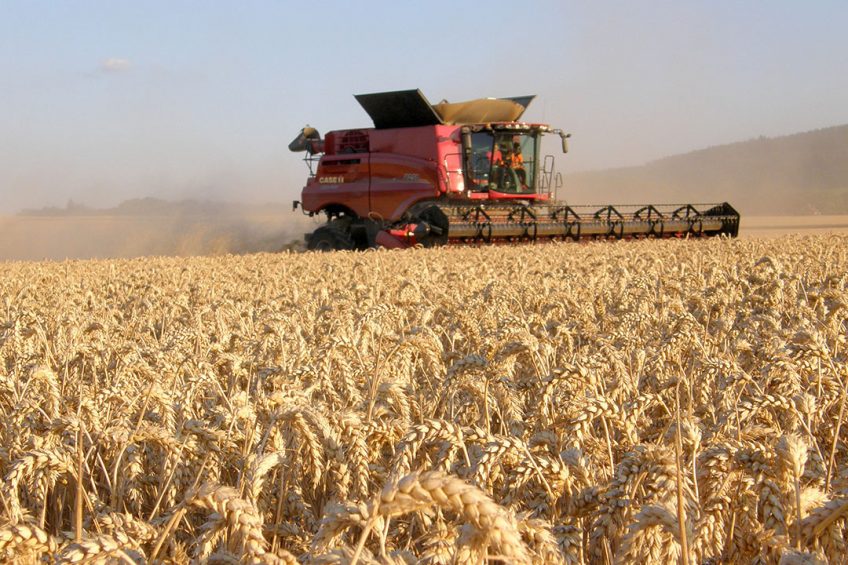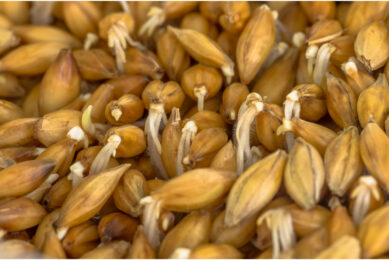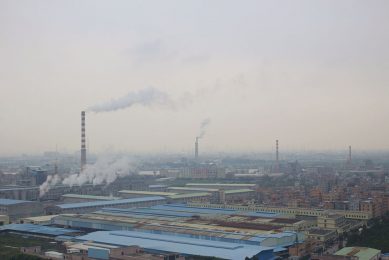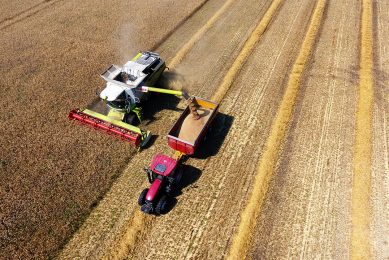Australia takes barley trade war with China to the WTO

The ongoing trade spat between Australia and China has taken a new twist as the Aussies have now requested assistance from the WTO.
At the height of the argument are trade tariffs imposed by China on several agricultural goods from Australia, but more so the huge 80% tax on barley that was imposed in May of 2020.
During 2019, Australia exported US$ 600 million of barley to China, down from US$ 1.5 billion in 2018 because of drought and in an effort to diversify into more markets. China is Australia’s biggest trading partner accounting for 40% of all exports. Around 88% of barley exports to China are produced on the large grain farms in Western Australia. Tension has been building between the 2 nations for quite some time now, but this is the first major action Australia has taken to tackle the problem.
Australia will now challenge China’s tariff on its barley exports in an appeal to the World Trade Organization (WTO). Australian Minister for Trade Simon Birmingham did admit the appeal may take years to be resolved. He said: “This is the logical and appropriate next step for Australia to take. We are highly confident that based on the evidence, data, and analysis that we have put together already, Australia has an incredibly strong case to mount in relation to defending the integrity and propriety of our grain growers and barley producers.
Just as we have done in Canada with the wine industry and many others have done with initiating WTO processes, there is always the ability to pause and resolve these disputes through dialogue instead,” he said.
Thanks to rains developing this crop year after several years of drought, the Australian barley production is expected to hit nearly 12 million tonnes, which adds more pressure to farmers trying to find alternative markets for their crop. Previously the barley attracted higher prices from China as they produced beer from it, but the barley will be worth less if sold as cattle feed to the Middle East, for example.
At least 13 Australian sectors have been subjected to tariffs or some form of disruption from China including barley, beef, coal, copper, cotton, lobsters, sugar, timber, tourism, universities, wine, wheat, and wool. Farmers and exporters are nervous about the action as they rely heavily on China to buy their crops. Grain Growers chair and Victorian farmer Brett Hosking added: “As a grains industry, we‘ve been accused of acting outside of the rules. Growers feel uncomfortable about those accusations.
There’s no doubt this makes a lot of growers nervous, we rely on China for a lot of our export opportunities in agriculture, we don’t want to see anything that might impact that detrimentally, but we can’t predict how China will behave.”
“Hopefully, what we‘ll be able to do is reopen negotiations and restore the trade that has been lost out of that market,” he said.











